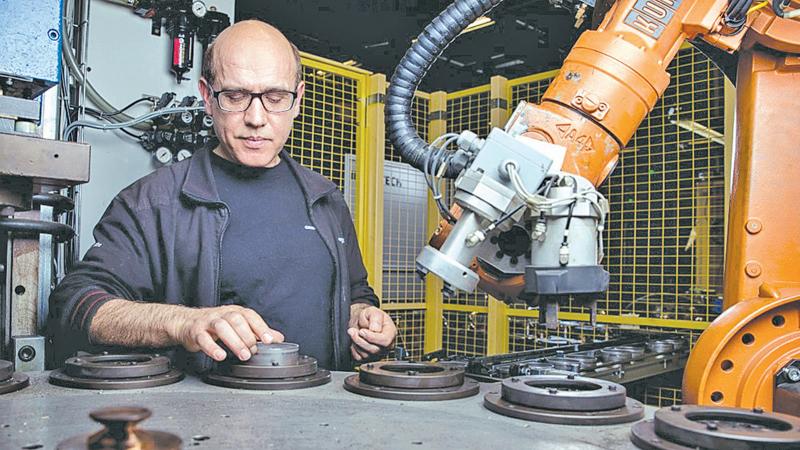
Grundfos has been actively working with governments globally to address the challenges faced by the water industry and ensure sustainability.
One of these challenges is flooding which has become more severe and frequent over the years. Another challenge is the rising demand for water, food and energy with the inextricable links in the water-food-energy nexus needing an integrated approach to ensure water and food security and sustainable agriculture and energy production worldwide.
One of the successful stories on combining water industry with the service sector to address these challenges is the ‘University Hospital Brussels (US Brussel) project which worked with Grundfos and became one of the most sustainable healthcare facilities in Belgium.
Grundfos has contributed to reduced energy consumption, increased comfort and unsurpassed operational reliability in numerous projects around the world.
“But this project is exceptional as the hospital management had a plan to grow 40% over the next decade without letting energy consumption grow,” said Grundfos Group Vice President, Kim Skibsted during a media interaction session.
In 2012, University Hospital Brussels (UZ Brussel) made a plan to become one of the most sustainable healthcare facilities in Belgium. “And they were planning to grow 40% over the next decade, without allowing energy consumption to grow.”
The Hospital management had drawn up an energy policy plan where they agreed that by 2022 when the extension was completed, they would not consume more energy than in 2012. This was to save money and energy as energy economy is one way to support the hospital’s finances.
After the discussions on an efficient solution between Grundfos and US Brussel, Grundfos energy consultant Dirk Raes performed an Energy Check on all the hospital’s pumps and pumping systems. Raes presented a replacement plan for 217 pumps, calculating the energy-savings potential and return-on-investment for new pumps.
According to Energy Engineering Manager, University Hospital Brussels, Jimmy Van Moer, “Highly efficient pumps are helping us to reach our goal.”
They installed 217 pumps, and an additional 100 new Grundfos pumps in the new combined heat and power unit and in the boiler room.
The pump replacement came with other benefits – for the building management system. For example, Control and maintenance are much more efficient than before. All the pumps are connected to the system, and maintenance staff can control and monitor everything easily.
Grunfos officials said by replacing or upgrading systems, the companies can earn back the money spent on pumps within a short period as some of the pumps consume up to 80% less energy than their predecessors.
